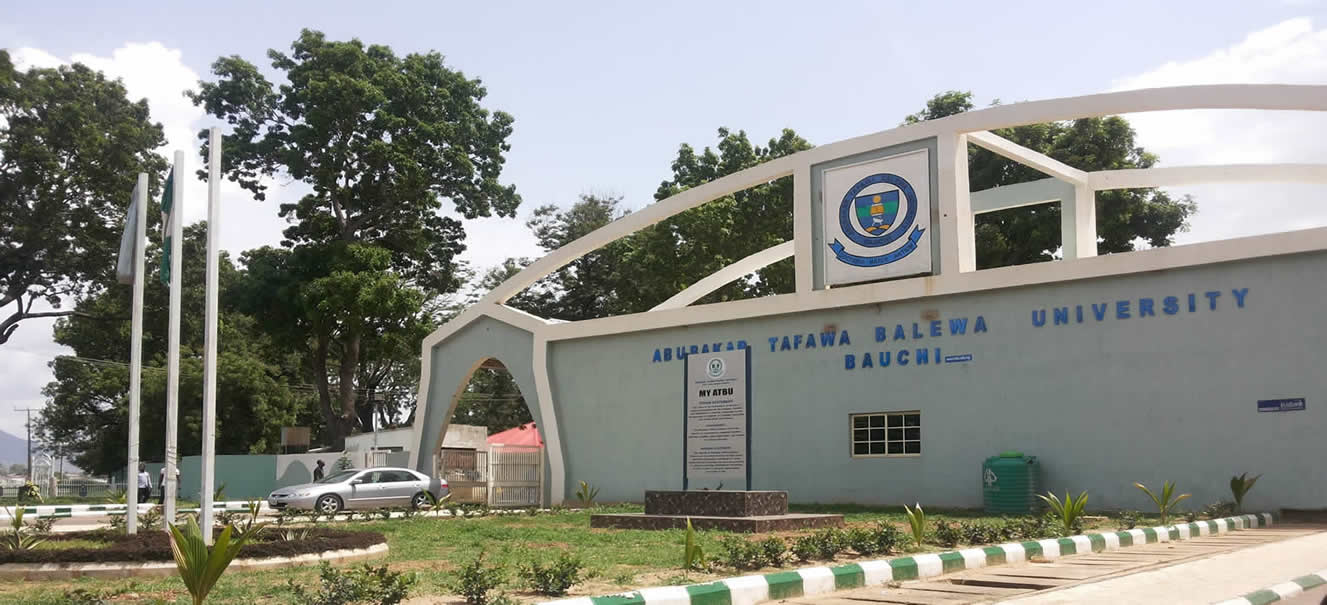Stakeholders demand swift intervention to avert socio-economic strain
Stakeholders have revealed that Nigeria’s contraceptive uptake remains stalled at 15 per cent, far below the national target of 27 per cent, while a $25 million funding gap threatens the availability of family planning services.
The shortfall, they noted, represented 62 per cent of the resources needed to ensure steady access to family planning commodities, services, and warned that the situation could undermine both public health gains and economic growth.
These were part of the data presented during a one-day dissemination programme on The Impact of Family Planning on Socio-Economic Development: New Evidence, organised by the Academy for Health Development (AHEAD) and the Family Planning Impact Consortium in Lagos.
Presenting new data, Prof. Adesegun Fatusi, President of AHEAD, said Nigeria’s family planning indicators remained suboptimal, with unmet contraceptive needs still as high as 21 per cent and only 45 per cent of demands met by modern methods. He explained that an investment of $1 million could enable over 65,000 women and couples to receive modern contraceptive care, preventing 15,455 unintended pregnancies, 6,044 unplanned births, and 6,321 unsafe abortions, while saving the lives of 83 women and girls.
Fatusi also highlighted the economic returns, noting that every dollar invested in family planning could yield $2 in cost savings on pregnancy-related and newborn care, while meeting the national target of 27 per cent could generate as much as $69 for every dollar spent. He added that women who use family planning are nearly twice as likely to engage in independent employment compared to those who do not.
The stakeholders also linked the funding crisis to reduced donor support, particularly the withdrawal of USAID, as well as a cut in the Federal Government’s budget for family planning from N2.225 billion in 2024 to N66.39 million in 2025, and delays in renewing the co-financing agreement with the United Nations Population Fund (UNFPA).
They urged federal and state governments to prioritise reproductive health by allocating at least 20 per cent of the health budget to the sector, while strengthening supply chains to ensure commodity availability.
It also called for increased private sector investment and stronger public-private partnerships to close funding gaps and expand access to modern contraceptives.
Nigeria’s contraceptive uptake stalls at 15% amid $25m funding gap






